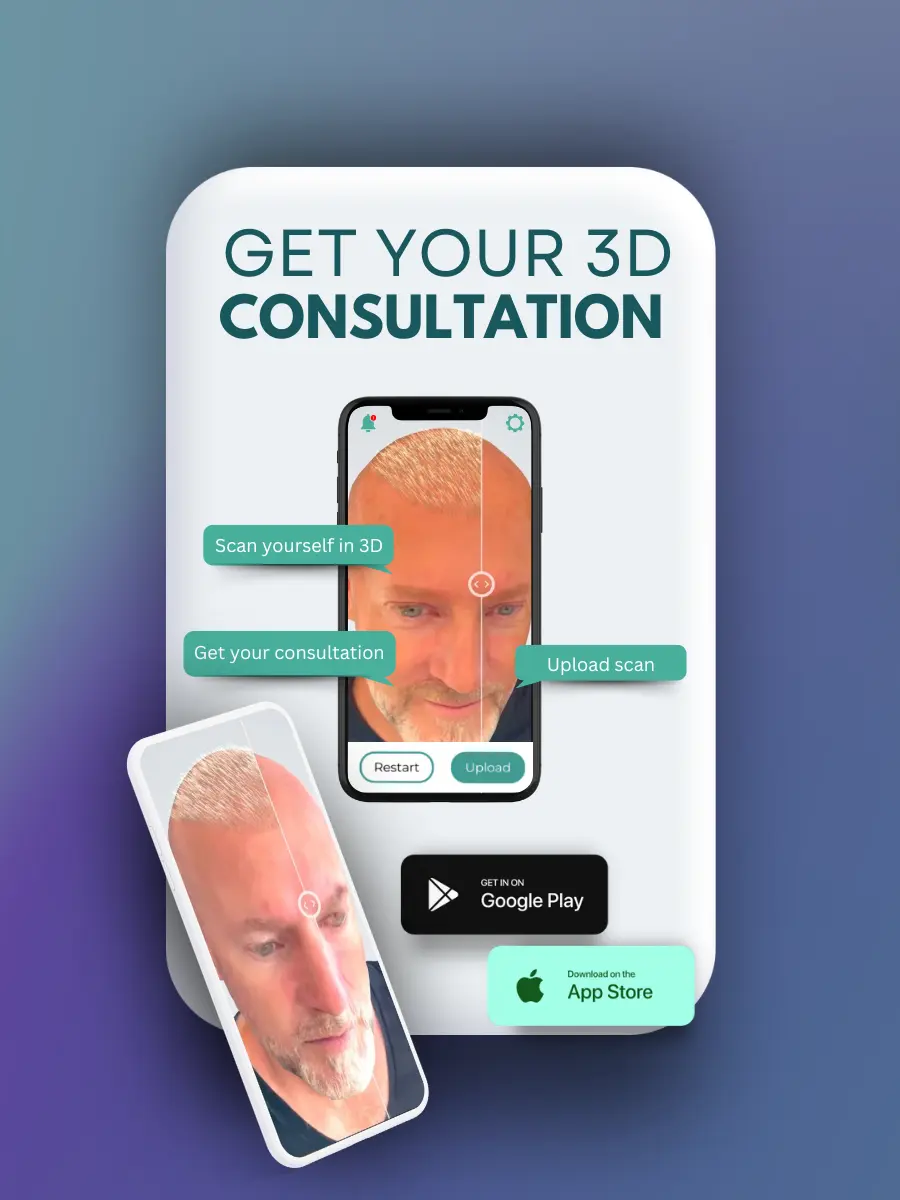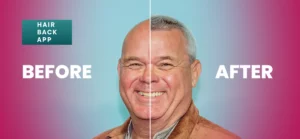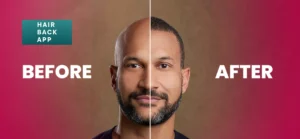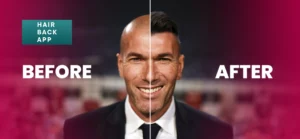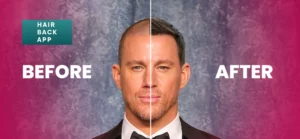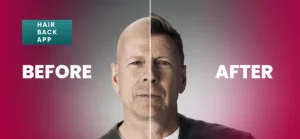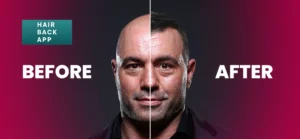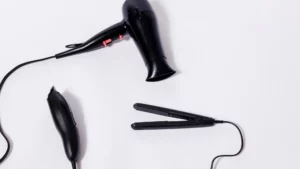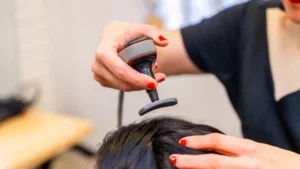Seborrheic dermatitis is a common skin condition that primarily affects the scalp, causing red, scaly, itchy patches. While it can be uncomfortable and unsightly, many people are concerned about whether seborrheic dermatitis causes hair loss.
I’m Emma Wright, your resident hair transplant and hair restoration specialist. Today we’ll be discussing if Seborrheic Dermatitis causes Hair Loss.
This is a valid concern as maintaining a healthy head of hair is important to many individuals. To understand the relationship between seborrheic dermatitis and hair loss, it is essential to explore the underlying mechanisms of the condition, its direct impact on the scalp, and how it may contribute to hair loss.
Understanding Seborrheic Dermatitis
Seborrheic dermatitis is a chronic inflammatory skin condition characterized by the presence of greasy, yellowish scales on the scalp and other oily areas of the body such as the face, chest, and back.
The exact cause of seborrheic dermatitis is not fully understood, but it is believed to involve a combination of factors, including an overproduction of sebum (oil) by the sebaceous glands, an overgrowth of a yeast called Malassezia, and an individual’s immune response.
Seborrheic Dermatitis and Hair Loss
While seborrheic dermatitis itself does not directly cause hair loss, the inflammation and irritation it causes to the scalp can lead to hair shedding. When the scalp is inflamed, it can disrupt the normal hair growth cycle, potentially leading to increased hair shedding. This is where it becomes important to differentiate between normal shedding vs hair loss.
Hair goes through a natural cycle of growth, rest, and shedding. It is normal to lose between 50 to 100 hairs a day. However, when someone is experiencing hair loss beyond this range, it could be due to various factors, including seborrheic dermatitis. The inflammation caused by this condition can weaken hair follicles, making it easier for hair to fall out prematurely.
Contributing Factors to Hair Loss
Hair loss can result from a multitude of factors beyond seborrheic dermatitis. It’s important to consider other potential causes of hair loss such as genetics, hormonal changes, nutritional deficiencies, stress, and other medical conditions. Understanding these causes is crucial in addressing the problem effectively.
Hormonal changes, for instance, can significantly impact hair health. Conditions such as polycystic ovary syndrome (PCOS), thyroid imbalances, and menopause can all lead to hair thinning or loss. Knowing how to stop hormonal hair loss can be a game changer for those affected by these issues. This often involves a combination of medical treatment, lifestyle changes, and sometimes dietary adjustments to balance hormone levels and support hair health.
Stress is another critical factor. Stress-induced hair loss, known as telogen effluvium, occurs when a significant shock to the system causes hair follicles to prematurely enter the resting phase. This kind of shock loss can be temporary, and hair usually regrows once the stressor is removed and the body returns to its normal state.

Managing Seborrheic Dermatitis to Prevent Hair Loss
To mitigate the impact of seborrheic dermatitis on hair loss, it’s important to manage the condition effectively. Here are some strategies:
- Medicated Shampoos: Using shampoos containing active ingredients like ketoconazole, selenium sulfide, or zinc pyrithione can help reduce the yeast population on the scalp and control inflammation.
- Topical Treatments: Prescription creams or ointments containing corticosteroids or calcineurin inhibitors can help reduce inflammation and relieve itching.
- Regular Washing: Keeping the scalp clean by washing it regularly can help remove excess oil and reduce the risk of yeast overgrowth
. - Avoiding Irritants: Identifying and avoiding products that irritate your scalp can prevent exacerbation of seborrheic dermatitis.
- Healthy Lifestyle: Maintaining a healthy diet, reducing stress, and ensuring you get enough sleep can support overall scalp and hair health.
Differentiating Hair Loss Types
Understanding the difference between normal shedding vs hair loss is crucial. Normal shedding is part of the hair growth cycle, where old hairs are replaced by new ones. However, when you notice excessive shedding, it might be a sign of a more serious issue like seborrheic dermatitis, hormonal imbalances, or other underlying conditions.
Seeking Professional Help
If you suspect that seborrheic dermatitis is contributing to your hair loss, it is advisable to consult a dermatologist. They can provide a proper diagnosis and recommend treatments tailored to your specific condition. In some cases, they might refer you to a trichologist, a specialist in hair and scalp disorders, for further evaluation and treatment.
Comprehensive Approach to Hair Loss
Addressing hair loss effectively often requires a multifaceted approach. Here are some general tips on how to stop hair loss:
- Balanced Diet: Ensure you are consuming a diet rich in essential vitamins and minerals. Nutrients like biotin, iron, zinc, and vitamins A, C, and E play crucial roles in hair health.
- Healthy Scalp Care: Maintain a healthy scalp by using gentle hair care products and avoiding excessive heat styling or harsh chemical treatments.
- Stress Management: Practice stress-reducing activities such as yoga, meditation, or exercise to help reduce the impact of stress on your hair.
- Medical Treatments: Consider medical treatments like minoxidil or finasteride, which are proven to help in cases of significant hair loss.
- Avoiding Tight Hairstyles: Refrain from hairstyles that pull on the hair, such as tight ponytails or braids, which can cause traction alopecia.
Conclusion
Seborrheic dermatitis, while primarily a skin condition, can have a notable impact on hair health due to the inflammation and irritation it causes on the scalp. While it doesn’t directly cause hair loss, it can lead to increased hair shedding and contribute to hair thinning. Understanding the causes of hair loss and differentiating between normal shedding vs hair loss is essential in addressing the issue effectively. By managing seborrheic dermatitis through proper scalp care, medical treatments, and lifestyle changes, you can minimize its impact on hair health. If you are experiencing significant hair loss, consulting a healthcare professional is crucial to identify the underlying causes and develop a comprehensive treatment plan.

